NATO Secretary-General Mark Rutte said the latest developments in the Ukraine war should convince Donald Trump to engage with the alliance.
The deployment of North Korean troops to support Russia's aggression against Ukraine represents a serious threat not only to Europe but also to the United States, with potential ramifications across the Indo-Pacific region, NATO Secretary-General Mark Rutte has said in a direct appeal to Donald Trump.
Trump's re-election has sparked fears the Republican, once in the White House, could leave Ukraine vulnerable to the Kremlin and undermine NATO's collective defence guarantees. On the campaign trail, Trump sparked outrage after he said he would "encourage" Russia to do "whatever the hell they want" with countries that fail to meet the alliance's military spending target.
Speaking to reporters on Thursday, Rutte dismissed these worst-case scenarios and expressed hope of establishing a good working relationship with Trump, who will be inaugurated as the 47th US President on 20 January. The latest developments in the Ukraine war, he said, are reason enough for Washington to care.
The Pentagon estimates that about 10,000 North Korean soldiers have been sent to the Kursk region of Russia, which Ukraine is partially occupying, and are being trained in infantry tactics. The transfer of military forces has put Kyiv and the West on high alert.
"Russia is delivering the latest technology into North Korea in return for North Korean help with the war against Ukraine. And this is a threat not only to the European part of NATO but also to the US mainland," Rutte told reporters while attending a high-profile meeting of European leaders in Budapest.
Rutte mentioned China and Iran, two countries on which Trump has promised a hardline policy, as additional partners in Russia's invasion.
"We have to work together. So I look forward to sit down with Donald Trump to discuss how we can face these threats collectively, what we need to do more," Rutte went on.
"And yes, part of this – and here he is absolutely right – will be that on the European side of NATO, we will have to spend more, do more to make sure that we reach the capability targets."
A report released in June shows that 23 of the 32 NATO members now meet the goal of spending at least 2% of their GDP on defence, a trend that began during Trump's first term and drastically accelerated after Vladimir Putin ordered the invasion of Ukraine.
Asked if the alliance should set a higher target to cope with the new security context, the Secretary-General said this should be left to leaders to decide.
Rutte evoked his previous experience as Dutch prime minister working with Trump, with whom he connected better than other European leaders did. This background helped him become the frontrunner when he announced his leadership bid for NATO.
"I worked very well with him for four years. He is extremely clear about what he wants," Rutte said. "He understands that you have to deal with each other to come to joint positions, and I think we can do that."
Trump's re-election looms over the European Political Community (EPC) in Budapest.
Albanian Prime Minister Edi Rama predicted the Republican's comeback "might be good for Europe" because it could further stimulate military spending. "Let's not become hysterical before we have the reality check," Rama told reporters.
His Belgian counterpart, Alexander De Croo, whose country fails to reach the 2% target, said: "Our security is not something we want to outsource to someone else, for example, the United States. Europe should be able to do it on its own."
Meanwhile, Finland's Petteri Orpo said that, regardless of who occupies the White House, Europe has to "support Ukraine as long and as much as needed."

 4 months ago
44
4 months ago
44
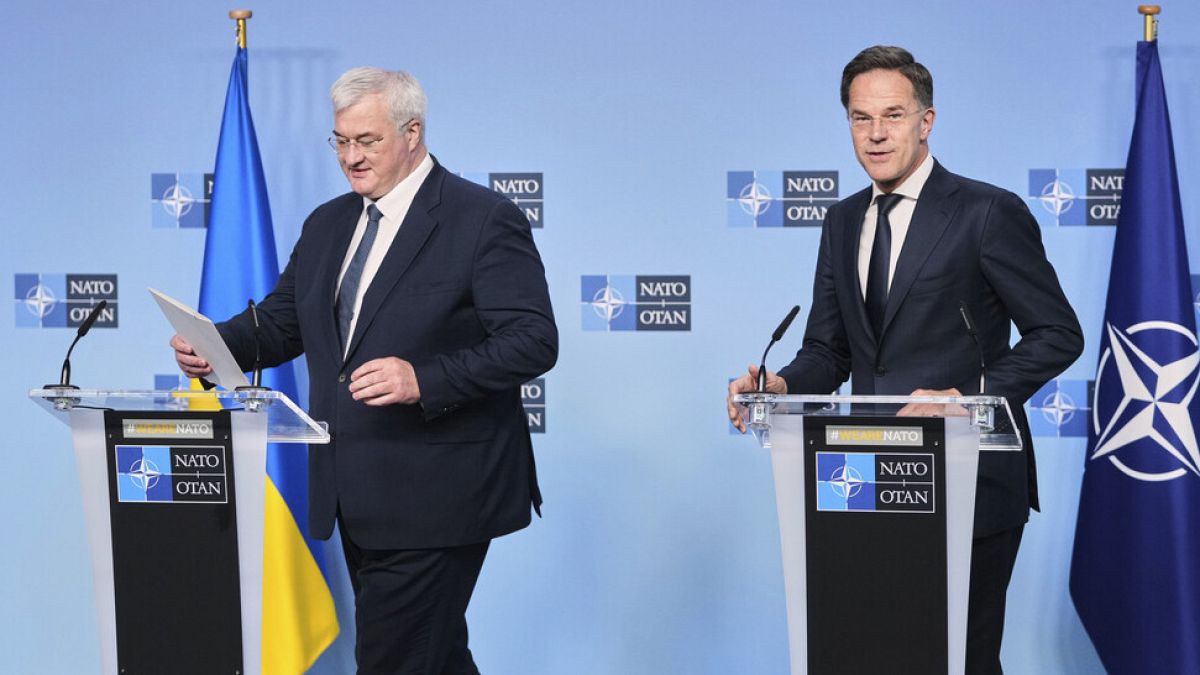
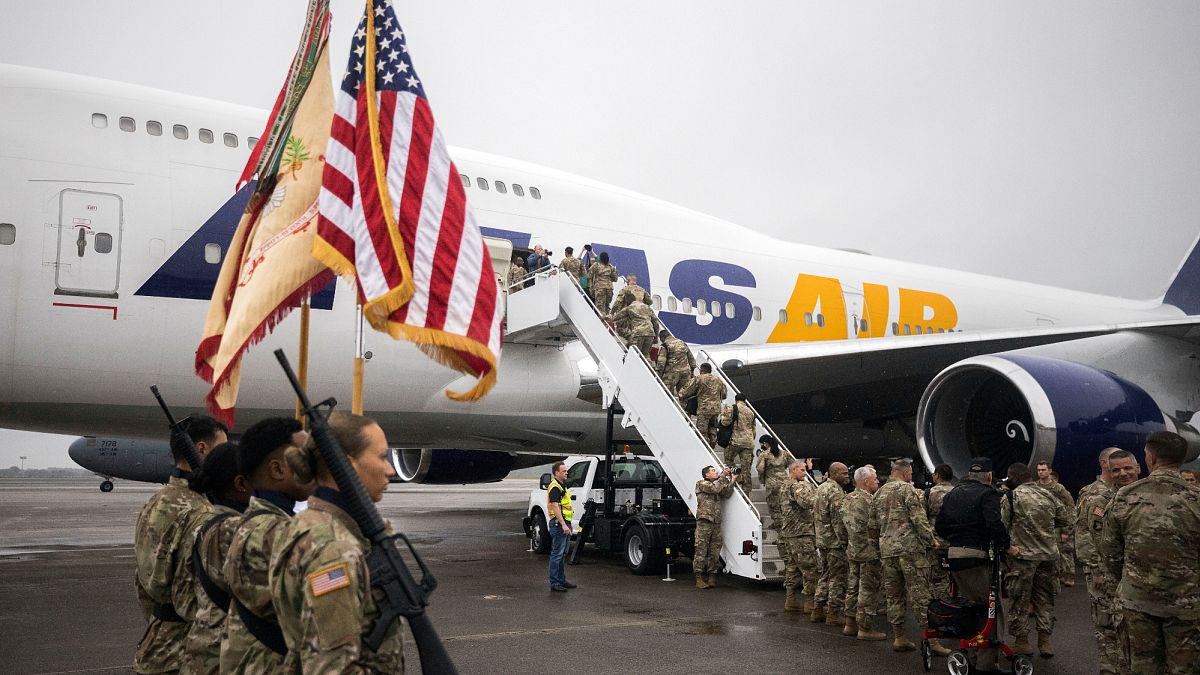
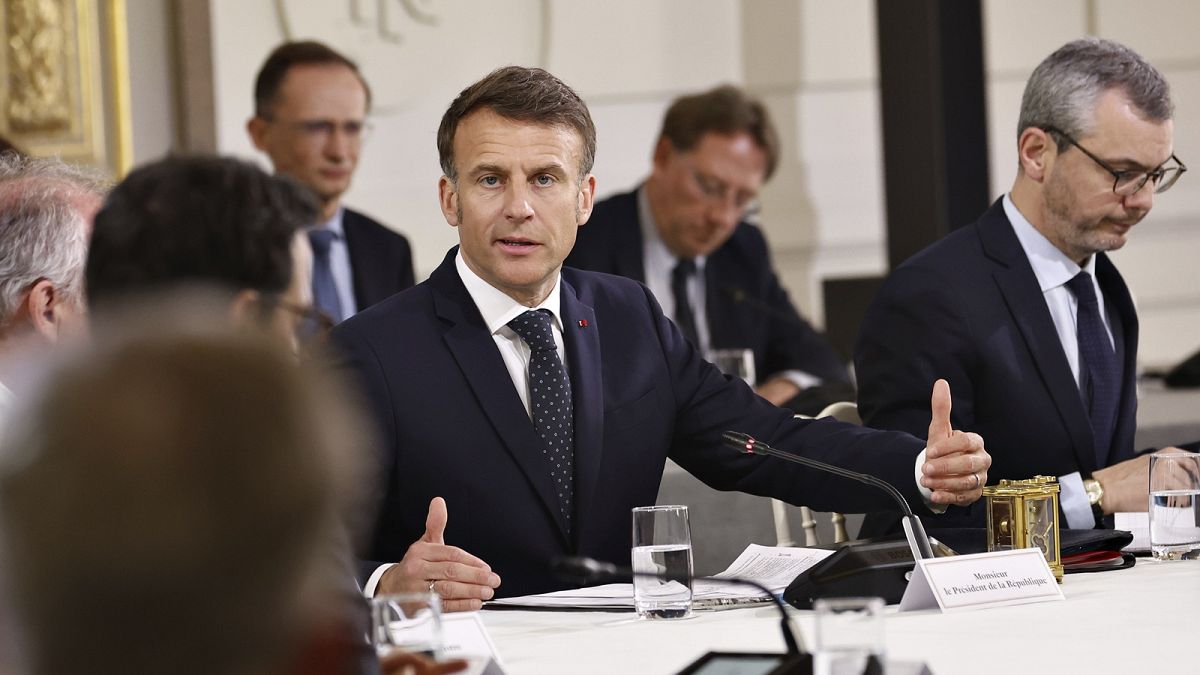
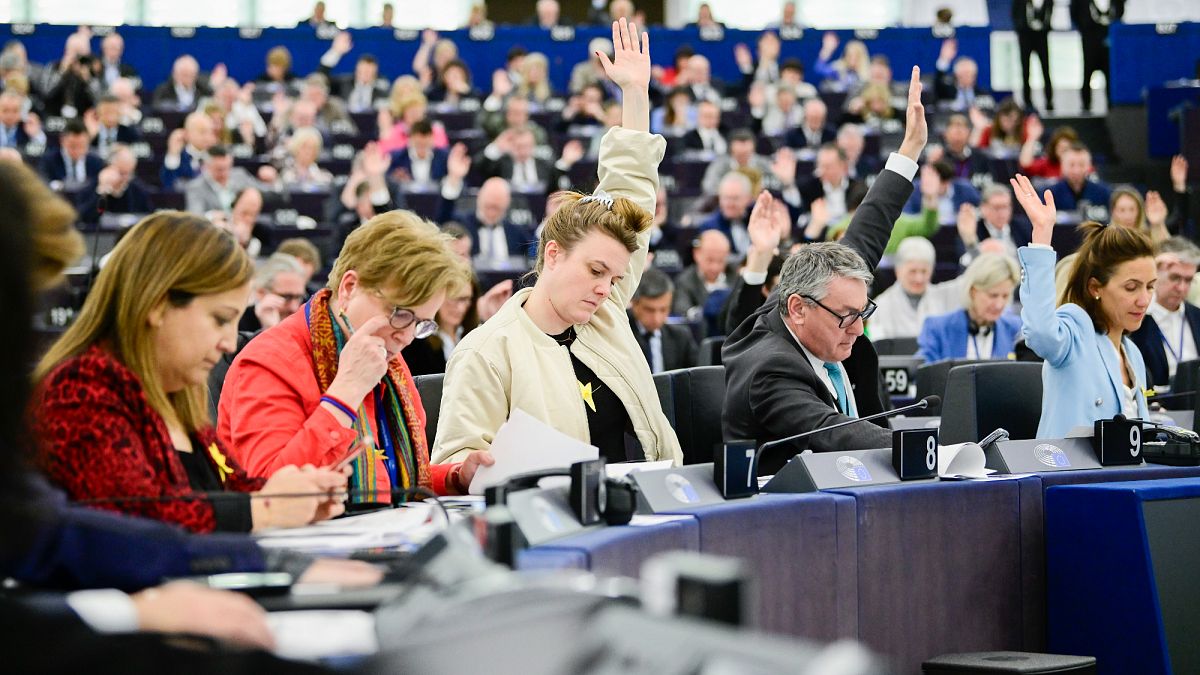
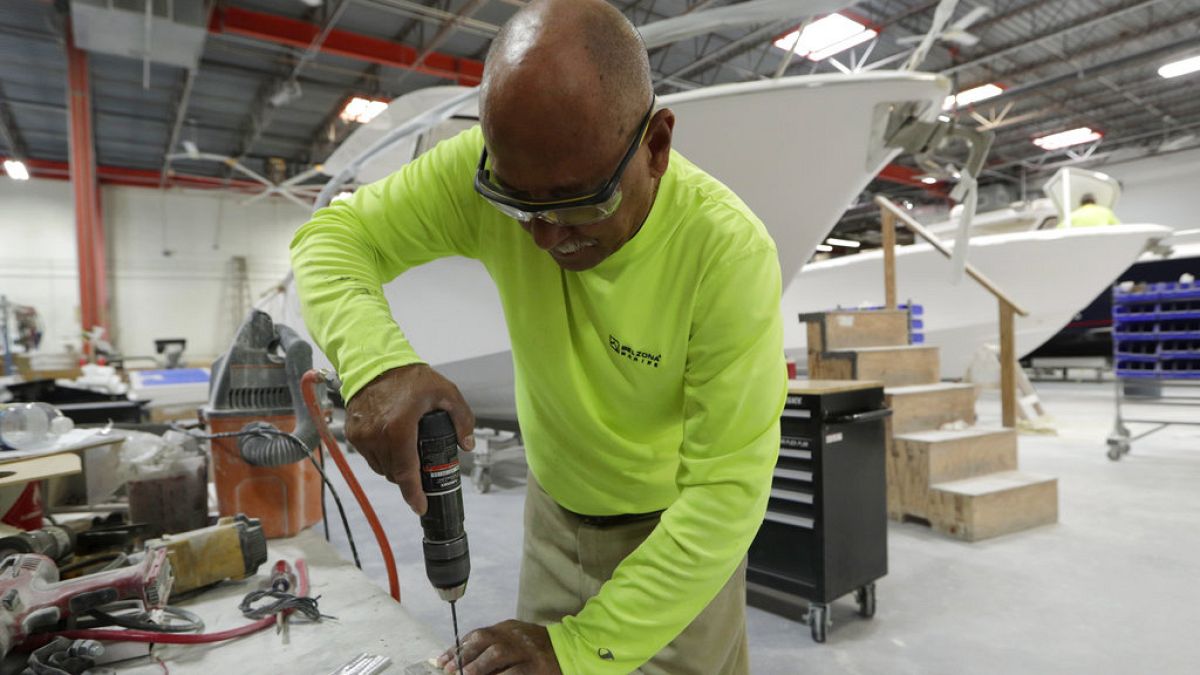
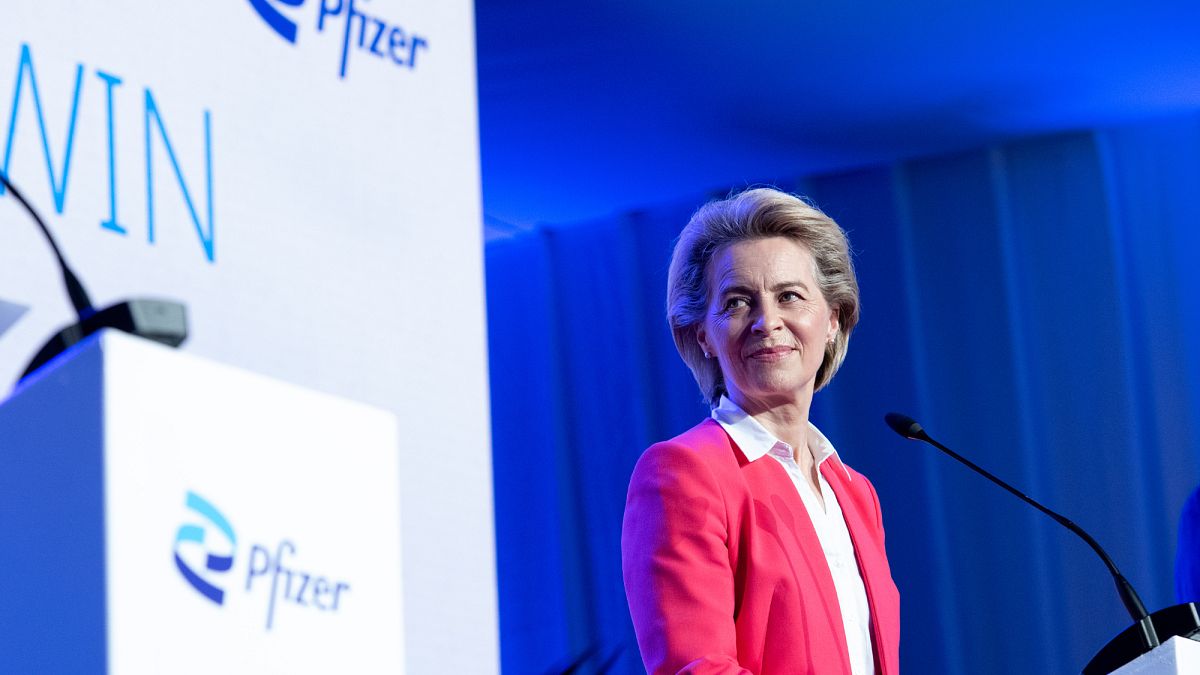
 We deliver critical software at unparalleled value and speed to help your business thrive
We deliver critical software at unparalleled value and speed to help your business thrive






 English (US) ·
English (US) ·